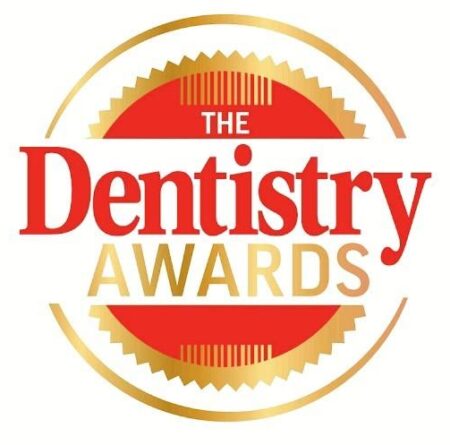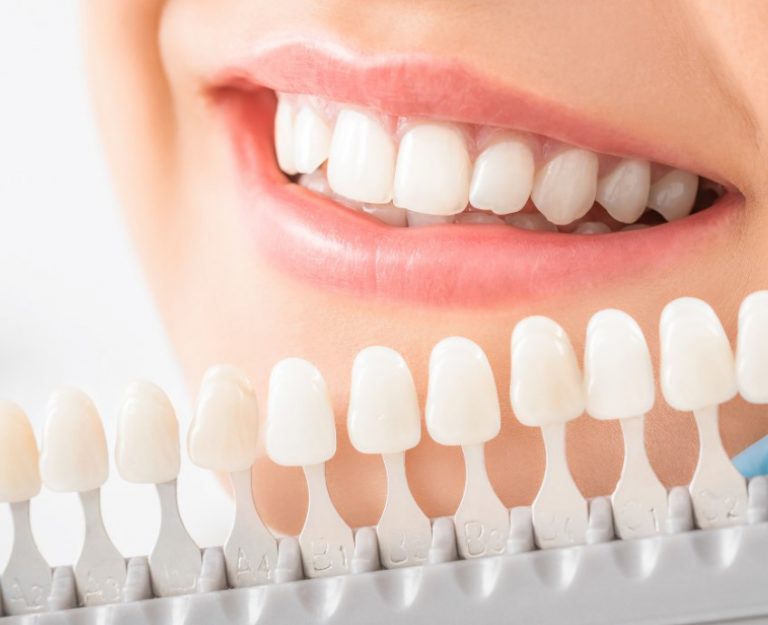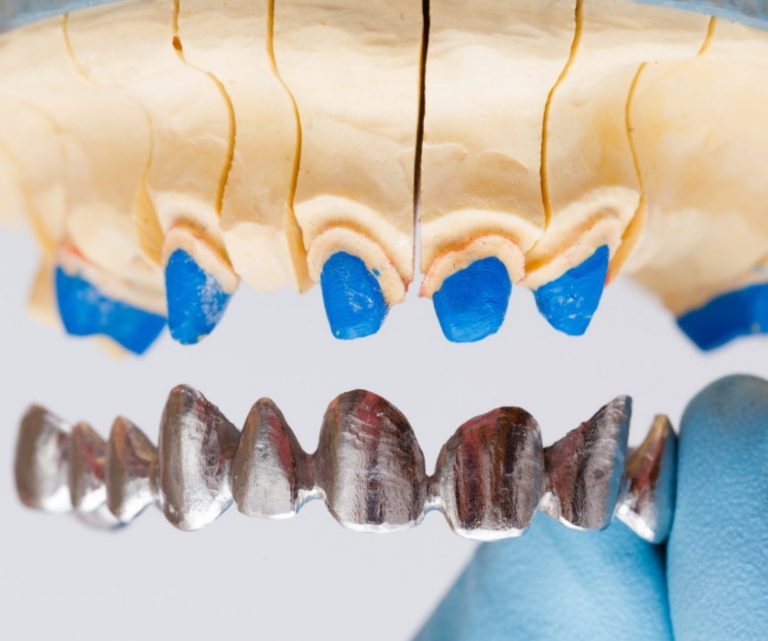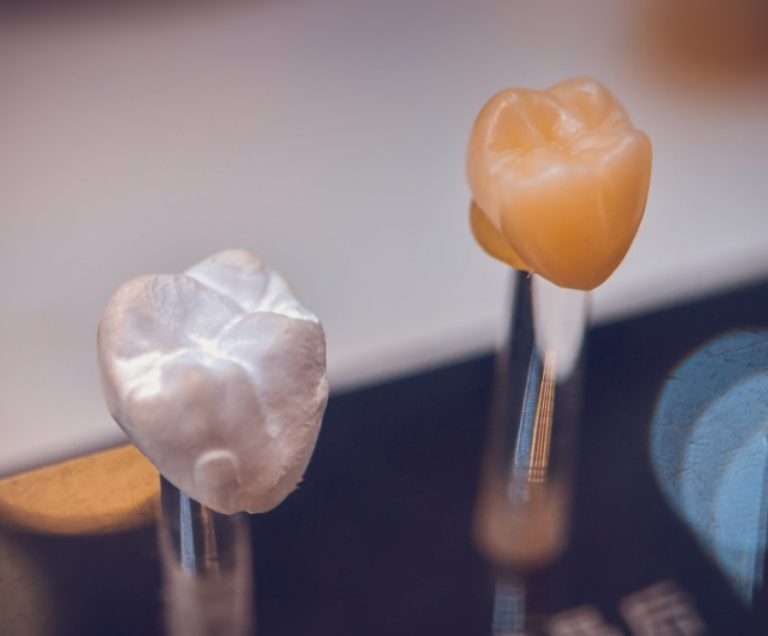







Believe it or not, the global market of the seemingly commonplace dental crown and bridges was more than USD 6.1 billion in 2019. And in the next five years, it is estimated to touch a whopping USD 8.9 billion.
There has been a steady rise in the demand for dental crowns in the UK. Dental crowns are gaining popularity due to:
Dentists in the UK as well as all around the world are recommending dental crowns to combat different dental problems.

In simple words, a dental crown is a “tooth-shaped” cap. It is strategically fitted over the tooth so that it resembles your existing teeth and looks as natural as possible.
The dental crown is “cemented” into its position and it completely covers the existing damaged tooth above the gum line.
Dental crowns are useful in solving several dental problems:
Dentists recommend the type of dental crown based on a clinical examination. Depending on the type of problem you are experiencing, there are various types of dental crowns that your dentist may recommend to you:

The price of dental crown fitting in the UK is different for NHS (National Health Service) and for private dental treatment.
It is a widely known fact that private dental treatment carries higher investments than NHS pricing and has more choices in better quality. The price range for dental crown treatments in the UK approximately falls between £400 and £1,200.
The cost of dental crowns with a private dental clinic in the UK depends upon the following parameters:

Here is an approximate price guide to the different types of dental crown treatments in private clinics in the UK.
Dental crowns offer many benefits other than a picture-perfect smile. Visit your dental clinic to assess your dental health as soon as possible.
Back to Blog"5 Star Treatment – you made my wife smile, Thank you."
Mr R. McDonald, Kettering Northants
Read More"Natural Smiles affords one of the most pleasant visits to a dentist you will…
Mr. D. Sobey, Kettering Northants
Read More"Excellent service! Pain-free treatments, staff put me at ease. Very good experience."
Miss K. Hudson, Geddington Northants
Read More"Job well done… Looking forward to having some relaxing treatments."
Mr. T. Stonestreet Leicester
Read More"Lovely surroundings, really a nice place, very kind and pleasant staff."
Mrs K. Burgess Corby Northants
Read More"Never had such an informative, relaxed and pain-free dental appointment before, well done to…
Mr J. O'flynn Market Harborough, Leicester
Read More"Excellent!! Makes coming to the dentist a pleasure. Will recommend you to everyone I…
Mrs J. Gallagher, Corby Northants
Read More"Excellent, attentive Dentist and staff. Not as expensive as I was expecting. 'A pleasant…
Mr D. Hunt, Corby Northants
Read More"I just wanted to let you know how pleased I am with the results…
Mrs E. Elliston, Corby Northants
Read More"Made you feel very relaxed, and my treatment very helpful and informative. Nice friendly…
Mrs K. Winters, Corby Northants
Read More"From the minute I walked into Natural Smiles I felt very at home, from…
Mrs Bromfield, Leicester
Read More"I am coming back next time, a brilliant time at the dentist!"
K Mcphie (12), Corby Northantsa
Read More"Lovely relaxing environment – very comfortable. I appreciate having everything explained. Thank you very…
Mrs L. Cox, Corby Northants
Read More"Wonderful treatment with a great end result – very well-fitting and attractive dentures. Thank…
Mr M. Bullock, Northampton
Read More"Very relaxing atmosphere! Fantastic service and treatment. I will definitely be back!"
Miss P. Jones, Milton Keynes
Read More"Fantastic Facilities, Fantastic Place, Fantastic Staff, Fantastic Treatment, what more do you need or…
Mr and Mrs P. Barton, Stanion Northants
Read More"I met Dr Waghela for the first time on a Saturday at around 9…
Mrs.D. Borton, Cranford Northants
Read More"Natural Smiles is a pleasure to visit right from the tranquil surrounds as you…
Mrs H. Kendall, Corby Northants
Read More"Thank you for the excellent care received from you and your team, whilst undergoing…
Mrs S. Morris, Oundle Peterborough
Read MoreI have written a few words regarding the treatment I received at Natural Smiles…
Mrs J. Lansberry, Corby Northants
Read MoreTreatments, Service and surroundings at Natural Smiles are first class. Relaxing and Stylish, I…
Mrs R. Dopson, Corby Northants
Read More"I never enjoyed going to the dentist, but I didn't like my teeth or…
Mrs S. Cottrell, Rothwell Northants
Read More"I have been under the care of Dr Waghela since he arrived in the…
Mr L. Gagrica, Corby Northants
Read More"Fantastic treatments and so welcoming would definitely recommend to my friends and family. Carol…
Mrs W. Finlayson, Corby Northants
Read More"I really liked the T.V. on the roof because it had X-Men on it…
H Featherstone (12), Geddington Northants
Read MoreIt has been ten years since I discovered Natural smiles. Without a doubt, the…
D Sobey, Corby Northants
Read MoreAs many people know, your teeth are everyone's focal point. I was ashamed of…
A Baseley, Corby Northants
Read MoreIn April 2020 I was referred to Dr Bhavnish Waghela at Natural Smiles because…
Chris M, Corby Northants
Read MoreNatural Smiles have been amazing for me, I was so nervous at my first…
Merrilie Mclean, Corby Northants
Read MoreI came to the practice to have dental implants to replace missing teeth lost…
S Smith, Corby Northants
Read MoreAmazing staff and customer service! They listen very carefully to your concerns and are…
P Kaur, Leicester
Read MoreAfter the first call and consultation I felt instantly reassured that I’d chosen the…
S Barden, Leicester
Read MoreWould recommend this dentist to anyone who’s thinking about going, they honestly were the…
R Anderson-Stretton, Leicester
Read MoreMy initial consultation was a couple of years ago before Covid began so my…
R Salt, Leicester
Read MoreAfter years of having an uneven smile and consultations with different dental practices, I…
N Bhayani, Leicester
Read More



19 Stanion Lane, Corby, Northamptonshire, NN18 8ES
264-266 Leicester Road, Wigston, Leicester, LE18 1HQ